Living in Moscow: What to Expect
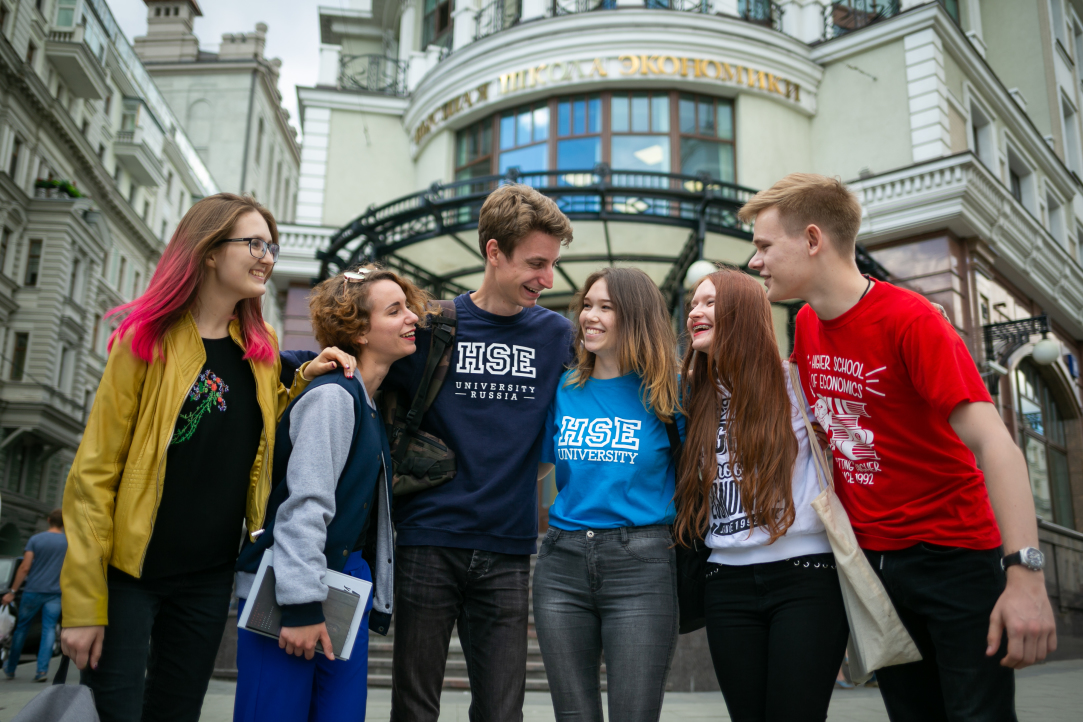
International students looking to study at HSE might find the idea of moving to Moscow exciting yet daunting, especially if they have never visited or lived in Russia before. We have prepared a short guide on what some aspects of life in Moscow are like.
A Beautiful and Clean City
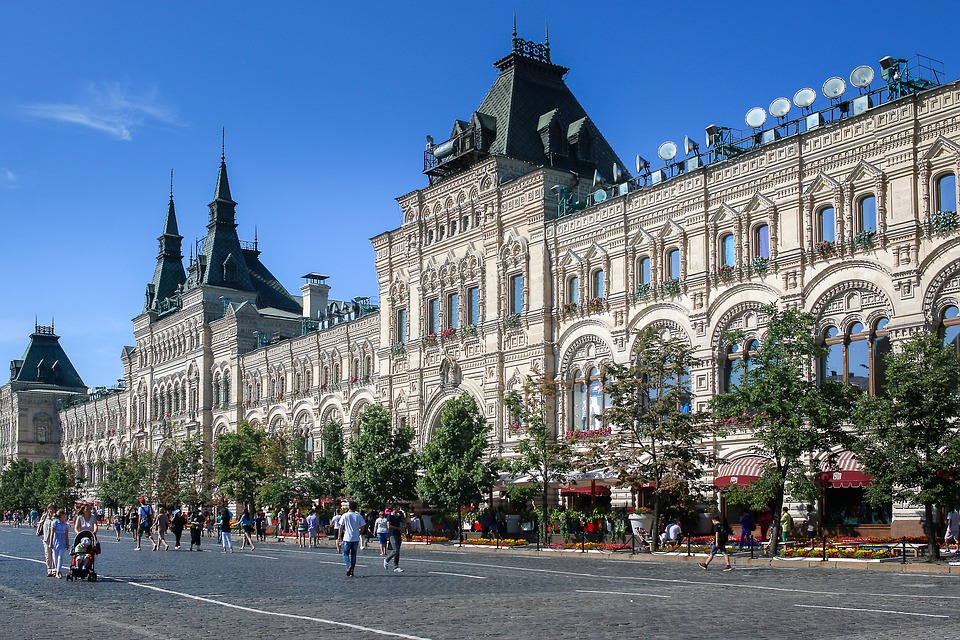 © iStock
© iStock
Moscow is a modern metropolis, the biggest city in Russia with over 15 million inhabitants. While it’s not the oldest city in the country, it has its fair share of historic buildings along with well-preserved estates, such as Kuskovo or Ostankino, former residences of Russian aristocrats. There is a bustling centre and quiet residential areas on the outskirts. In Moscow, you can admire the old and modern architecture, take a leisurely stroll through its parks or rent a bike and go for a ride along the Moscow river.
What everyone notes is that the city is very clean, thanks to the recent renovation. As Gero Parzefall, a graduate of HSE’s Master’s programme ‘Governance of Science, Technology, and Innovation' says, ‘I was very impressed by this. It’s definitely a city worth visiting.’
A Vibrant Cultural Scene
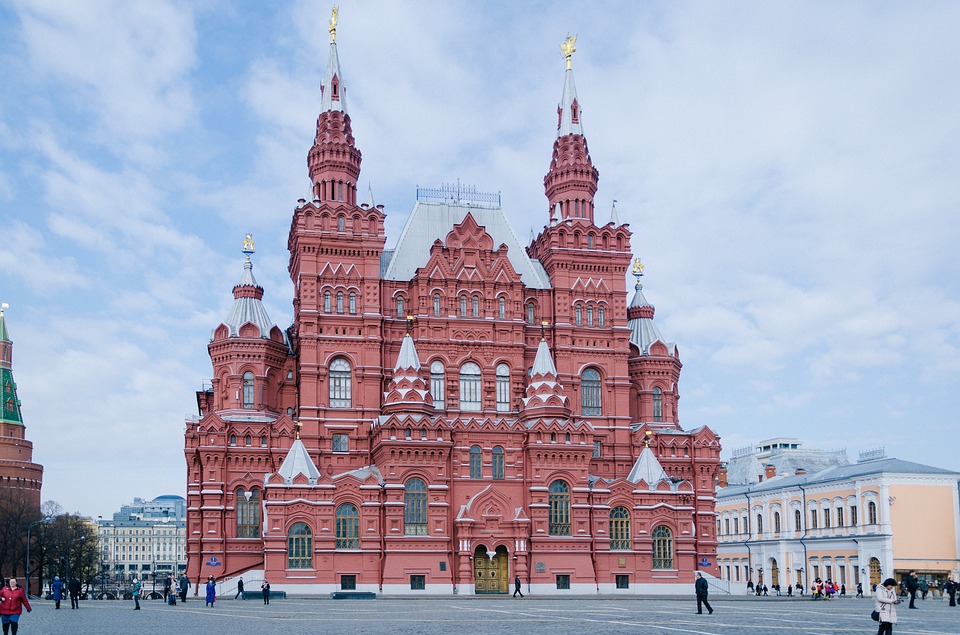 © Pixabay
© Pixabay
Moscow boasts world-class museums and art galleries that regularly hold excellent exhibitions. Apart from the Pushkin Museum of Fine Arts and the famed Tretyakov Gallery that are on everyone’s itinerary, museums such as the Museum of Russian Impressionism, the Jewish Museum, the Museum of Moscow, the Moscow Multimedia Art Museum, The Institute of Russian Realist Art, or The Museum of the Russian icon are well worth a visit.
If you are a cinema buff, there are movie theaters with screenings in the original. For theater goers and music lovers there are plenty of performances to choose from on any given night. What’s more, the city government regularly holds outdoor festivals for major national holidays.
HSE hosts many events as well, including not only talks, but also concerts and sports competitions. ‘I participated in the HSE Day basketball tournament, and I also play football in the Secondary Football League of HSE, for the team ESN,’ says Yiğit Tahmisoğlu, an exchange student from Istanbul Bilgi University. On HSE Day, which is traditionally held in September, Moscow’s Gorky Park transforms into an HSE campus for a day with activities open to everyone. In addition, ESN HSE regularly organizes city tours and day trips for international students to introduce them to Russian culture.
Friendly People
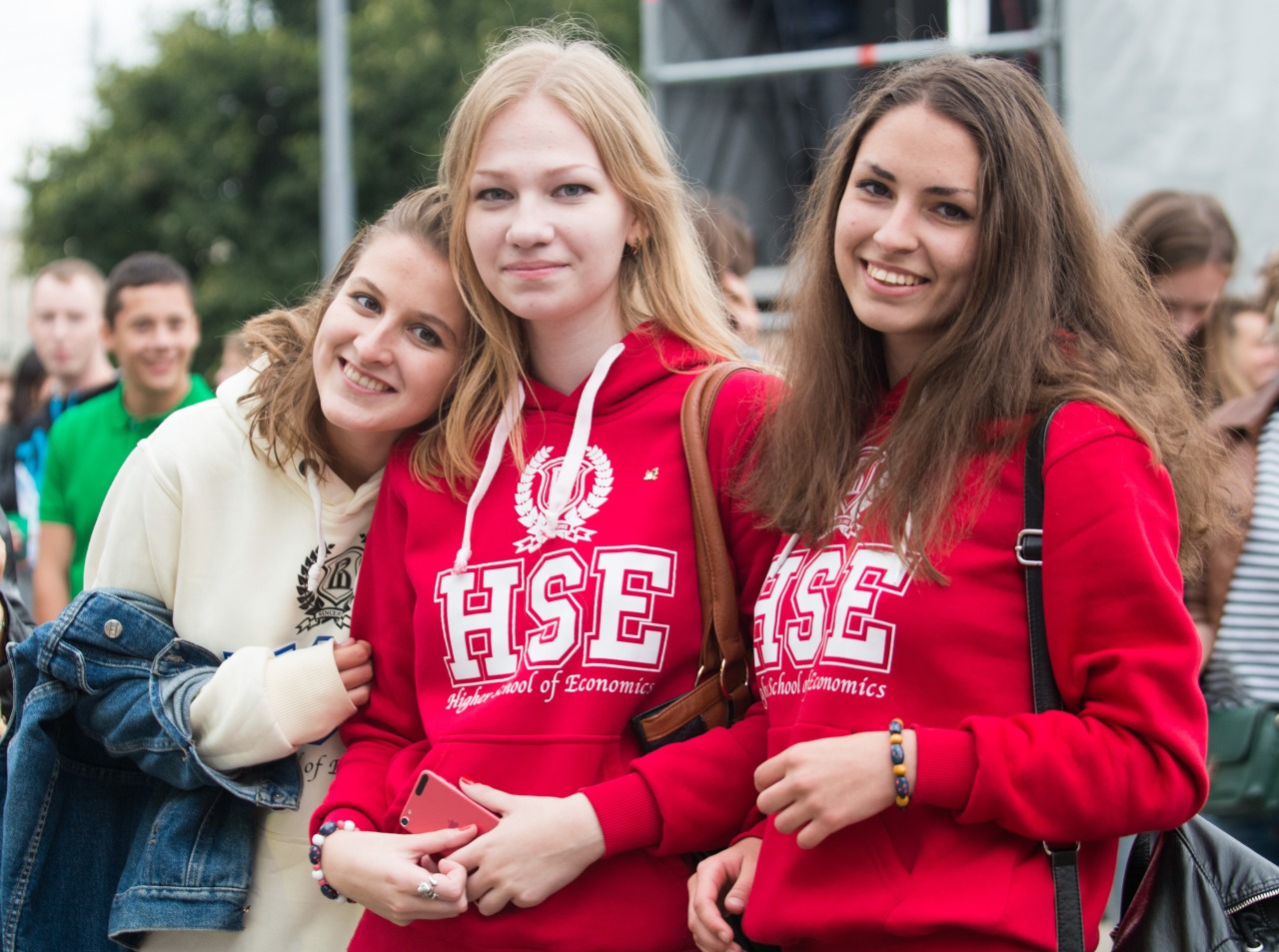 © HSE
© HSE
Russians are not as cold and distant as stereotypes would lead you to believe. ‘As a European you think you know something about Russia but you don’t really,’ says Gero Parzefall. ‘You have to visit Russia to fully understand and experience it. I was quite amazed by everything here. I like the Russian mentality and the approach to getting to know people. In the beginning, people seem rather distant but then as soon as you get to know a person better, they open up, become your good friend and help you a lot. I really like this way of interaction – it’s truly honest. I was surprised that everyone here is really interested in meeting foreigners and talking to them.’
Another thing international students notice is a difference in the extent to which people display their emotions. ‘Before I came here, I knew that people might not laugh or smile that much, but that doesn’t mean they don’t have a good time. Don’t assume that people don’t like you just because they are not smiling. That’s not how it is. Be ready for that,’ recommends Tobi Brockmann, a graduate of the Master’s programme in Governance of Science, Technology and Innovations.
Changing Seasons
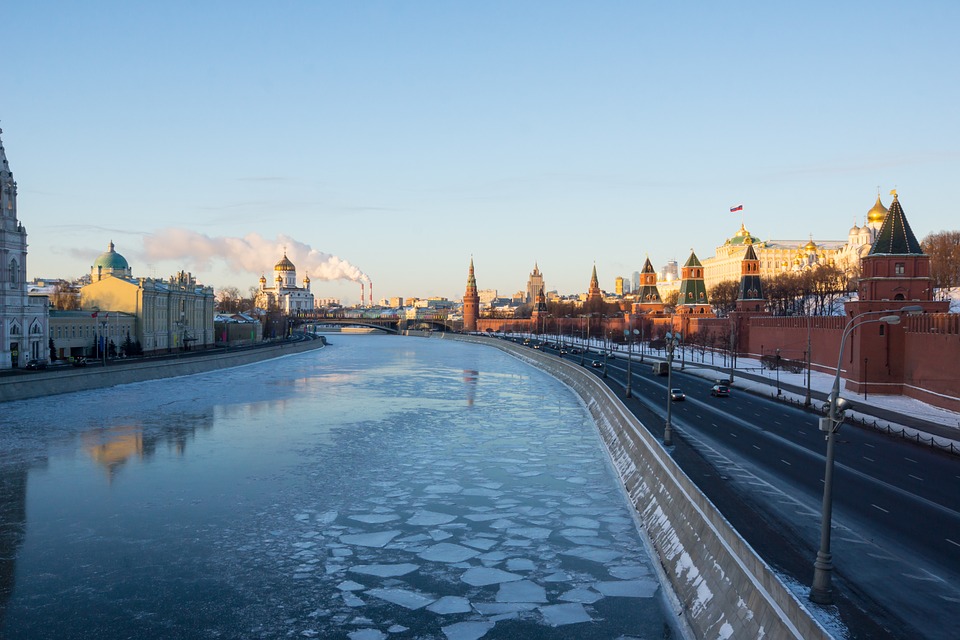 © Pixabay
© Pixabay
Moscow has a continental climate with warm, occasionally hot summers and long, cold winters. You can expect to see the first snowfall sometime in early November and the snow will typically stick around till the end of March. So, you should come prepared – you’ll need sturdy boots and a warm coat. Don’t forget a hat, gloves, and a scarf! But there is good news – you can buy reasonably priced winter clothes in Moscow – check out Decathlon or Sportmaster chain stores.
Another thing you should be ready for is the limited amount of light and sunshine in winter months – the sun sets in as early as 4 pm. ‘I miss the longer days and the sunlight we have back home. I have spoken to other Africans here and we all agree that the African sun is different,’ says Helena Wiehahn, a postgraduate student of Stellenbosch University who spent one semester at the HSE Faculty of Computer Science as an exchange student. If you come from a southern country with lots of sun, you might need some time to adapt to living in Moscow. Every year is different, of course, but one year there were only six minutes of sunshine in the whole month of December.
Staying Connected Made Easy
 © iStock
© iStock
Indispensable in the modern digital age, mobile internet in Moscow is cheap and efficient. There are also numerous WiFi hotspots around the city so you won’t have any trouble staying connected. There is free WiFi in Moscow public transport, including the metro, which is very convenient (but note that it is only accessible if you have a working Russian phone number).
Charlie Song, a Chinese exchange student, recommends making use of internet applications for getting food delivered, booking taxis, shopping online and even ordering a cleaning service! ‘I definitely encourage you to try all of these wonderful online services in order to enjoy the convenience of modern Russian urban living.’
Tasty Russian Cuisine
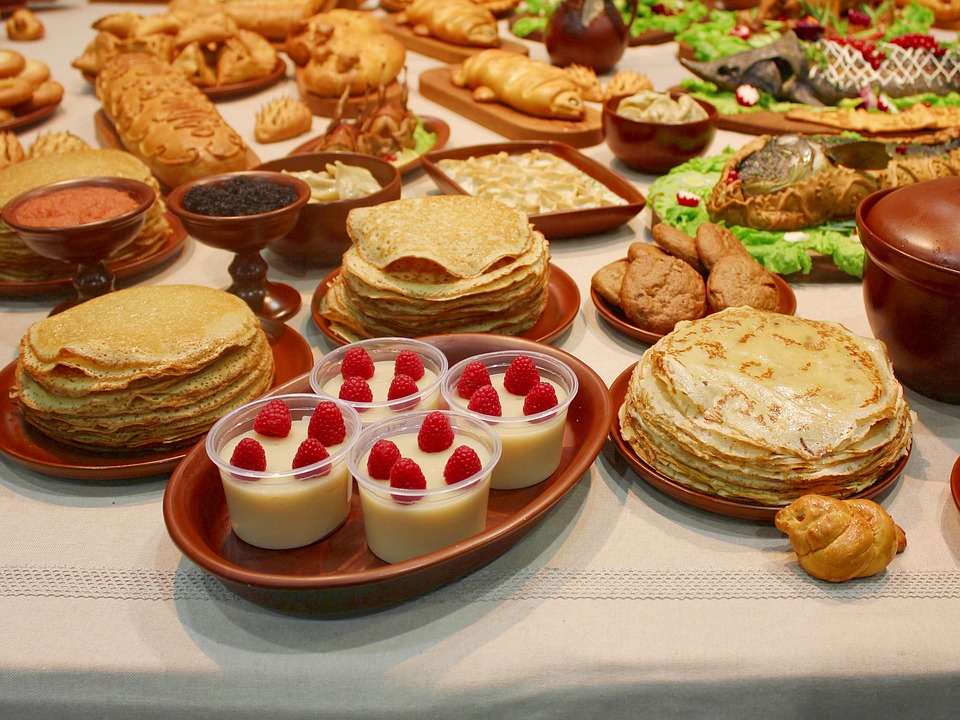 © Pixabay
© Pixabay
As Amand van Rossum, an HSE Master’s student, says, ‘While potatoes are popular in many countries, dishes like ‘kasha’ (buckwheat and other varieties) might be new to some. Make sure you try borscht [the famous soup]! If you prefer the cuisine of your own country, there are all kinds of restaurants in Moscow to choose from. It’s also possible to find different ethnic foods in supermarkets or specialty shops, but you might need to spend some time finding the best place.’
Poh Lyn Low, exchange student from Malaysia, thought that she wouldn’t like Russian food, ‘because I am a true Asian who lives for and loves Asian food, but I enjoyed it thoroughly! My favorites have got to be the vareniki (stuffed dumplings) and honey cake.’
Other dishes you might want to try are pelmeni (meat-stuffed dumplings), blini (Russian pancakes) with sour cream, and Russian salad. As for drinks, make sure to taste kvas, kefir, and kompot (made from dried fruit). And no, Russians aren’t always chugging vodka and chasing it down with caviar.
There are several restaurant chains that serve Russian cuisine but you might also like visiting some of Moscow’s food markets or malls, such as the Danilovsky Market or the newly opened Depot Food Mall in Lesnaya to taste cuisine from all over the world.
The Metro: Efficient but Crowded
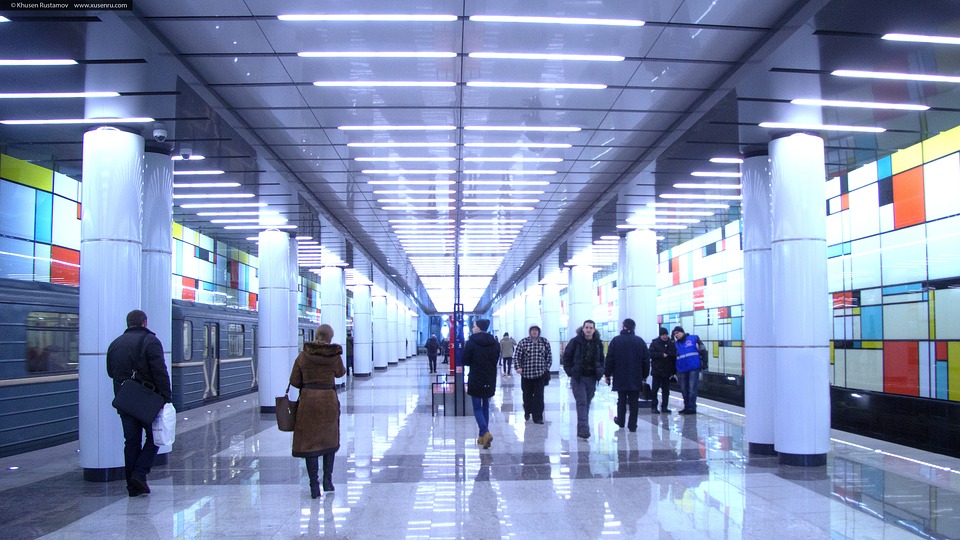 © Pixabay
© Pixabay
Since the city is so big, it sometimes takes a considerable amount of time to get from one place to another. HSE dorms and campus buildings are located in different parts of the city, so you will have to learn to navigate Moscow’s public transit system.
The metro is usually the best option, with 12 lines covering the whole city. Yandex.Metro app will help you build your route and calculate your journey time (other Yandex apps – Yandex.Maps, Yandex.Transport, and Yandex.Taxi will also be invaluable during your stay in Moscow). The metro cars can be rather noisy and crowded, especially during rush hour (over 9 million people use the metro daily), but the trains run very frequently, with intervals less than 1 minute at peak times and around 1-3 minute in off-peak hours.
Learn more about living in Moscow in our online guide Life in Moscow.
